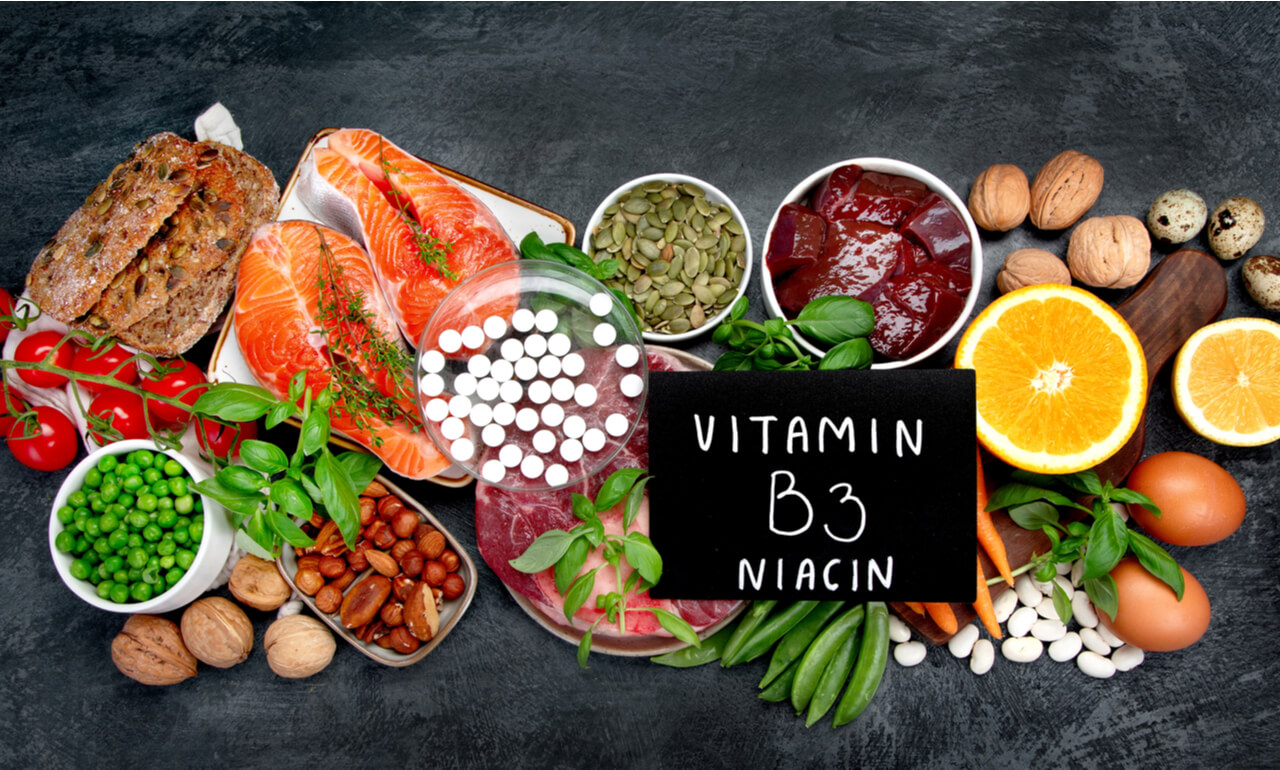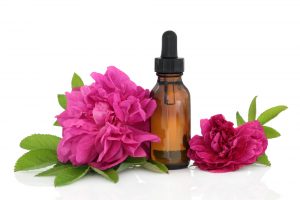My brother, Joe, is one of those clever people. He works hard, has a lot of hobbies, a beautiful family, is resourceful and has a positive attitude. Joe had high cholesterol but brought his cholesterol down from 240 to 180.
His secret? Here is his “recipe” for bringing his cholesterol down:
Cholesterol Lowering Program (courtesy of Joe)
- Add 375 mg. of Niacin to your diet through foods or supplements
- Take 4-6 tablespoons of psyllium each day
- A multivitamin to compensate for the minerals and vitamins that bond to the toxins that the psyllium sweeps out.
- Monitor your cholesterol regularly and ask your doctor for the ratio about good and bad cholesterol.
We need 15 mg. of niacin a day to keep our heart healthy (and gain other health benefits as well).
The best way to do this is with the following niacin-rich foods:
- beef liver
- brewer’s yeast
- broccoli
- carrots
- cheese
- corn flour
- dandelion greens
- dates
- eggs
- fish
- milk
- peanuts
- pork
- potatoes
- tomatoes
- wheat germ, and whole wheat products.
Herbs containing niacin are:
- Alfa alfa
- burdock root
- cayenne
- chamomile
- chickweed
- eyebright
- fennel seed
- hops
- mullein
- nettle
- oat straw
- parsley
- peppermint
- raspberry leaf
- red clover
- rose hips
- slippery elm and yellow dock.
Research shows that 15 mg. of niacin improves mental functioning as well.
Niacin is Vitamin B3, which is necessary for proper circulation, for the nervous system and the metabolism of carbohydrates, fats and proteins. It helps the digestive system, improves circulation, and can be helpful in mental illnesses. It also enhances the memory and plays a role in the synthesis of sex hormones.
Niacin can help lower triglycerides by 25% and raise HDL cholesterol by more than 30%. Triglyceride levels over 150 milligrams per deciliter (mg/dL) or 1.7 millimoles per liter (mmol/L) have been associated with a higher risk of heart disease.
A Word of Caution
A “niacin flush” may occur after the intake of niacin supplements. A rash may appear on the skin, usually lasting a few minutes, which is in most cases harmless. Dosages over 500 mg./day may cause liver damage if taken for a prolonged period of time. People with high blood pressure and ulcers should be closely supervised by a physician when taking niacin.







Be First to Comment